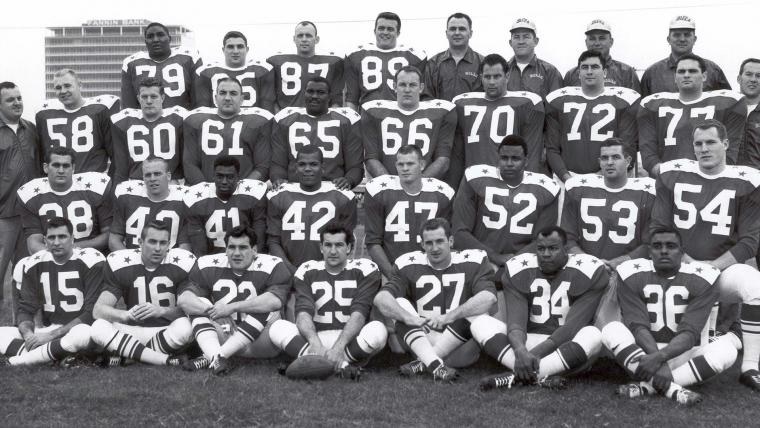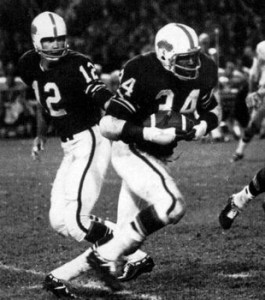The 1965 AFL All-Star Game: A Historic Stand for Civil Rights 18
The 1965 American Football League (AFL) All-Star Game was unlike any other in professional football history. Scheduled to be played in New Orleans on January 16, 1965, the game became a defining moment in the civil rights movement within sports. Instead of being remembered for what happened on the field, the 1965 AFL All-Star Game is remembered for what didn’t happen—the players’ refusal to participate due to racial discrimination they faced upon arriving in New Orleans. This protest, led by the league’s African American players, forced the AFL to relocate the game to Houston, marking one of the earliest instances of professional athletes taking a stand against racial injustice.

The AFL and the Significance of the 1965 All-Star Game
The AFL, founded in 1960 as a rival to the NFL, was known for being more progressive in its approach to racial integration. While the NFL had long-standing unofficial policies that limited Black players in certain positions, the AFL was more open to signing Black talent, giving opportunities to players who had been overlooked by the more established league. The 1965 AFL All-Star Game was meant to be a showcase of the league’s brightest stars, including many of its top Black athletes.
The game was originally set to take place at Tulane Stadium in New Orleans, a city that had never hosted a major professional football event. For the AFL, choosing New Orleans as the host city was strategic—the league was looking to expand and hoped to establish a franchise in the Deep South. However, despite assurances from local officials that Black and white players would be treated equally, the reality was far different when the players arrived.
Racial Discrimination in New Orleans
When the African American players arrived in New Orleans, they quickly found themselves subjected to blatant racism. Many were denied cab service, refused entry into restaurants, and treated with open hostility by locals. This was a stark reminder that, despite the Civil Rights Act of 1964 having been passed just months earlier, segregation and discrimination were still deeply ingrained in parts of the country.
Some players initially brushed off the treatment, hoping to focus on the game. However, as more and more instances of discrimination occurred, frustration grew. Players like Cookie Gilchrist, Ernie Warlick, and Abner Haynes, who had already experienced racism throughout their careers, began discussing taking action. The tipping point came when Black players attempted to get cabs and were ignored in favor of white players or refused service outright.
Read the rest of this entry →